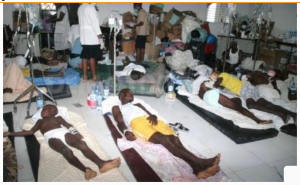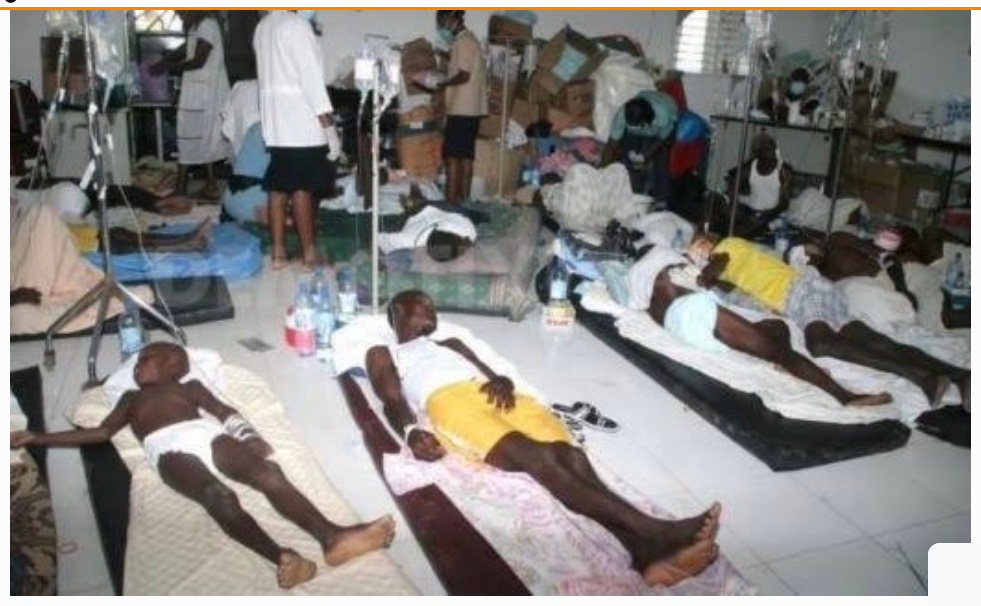
With about 195,000 cases and over 1,900 deaths recorded in 24 countries since the year’s beginning, the UN World Health Organization (WHO) has reported an increase in cholera cases in various parts of the world.
The greatest number of cases was recorded by the agency in the Eastern Mediterranean Region, which was followed by the African, American, Southeast Asian, and European regions.
According to WHO’s bulletin issued on Wednesday, there are no instances recorded in the Western Region, the organization said in a statement on Thursday.
The world’s supply of oral cholera vaccines (OCV) was depleted by March, according to the UN health agency, but it was still possible to surpass “the emergency target of five million doses in early June for the first time in 2024.”
However, there is a mismatch between the vaccine’s supply and demand.
According to the WHO, 16 nations have sought 92 million OCV doses since January of last year—nearly twice as many as were generated during that same period.
In order to discover lasting cholera solutions, WHO, UNICEF, and other partners are collaborating to pool resources.
On the plus side, the World Health Organization said on Thursday that Chad has effectively eliminated “sleeping sickness” as a public health issue.
The agency applauded Chad for eradicating the gambiense form of human African trypanosomiasis (also known as sleeping sickness).
“I congratulate the government and the people of Chad for this achievement. It is great to see Chad join the growing group of countries that have eliminated at least one neglected tropical disease (NTD),” Tedros Ghebreyesus, WHO director-general, said.
In eliminating the disease, Chad joined some 50 others globally that have succeeded in this endeavour.
“The 100-country target is nearer and within reach,” Mr Ghebreyesus added, referring to the target in the road map for addressing neglected tropical diseases by 2030.
Sleeping sickness can cause flu-like symptoms initially but eventually cause behaviour change, confusion, sleep cycle disturbances or even coma, often leading to death.
Improved access to early diagnosis and treatment, as well as surveillance and response, has proven that countries can control and eventually eliminate transmission.




